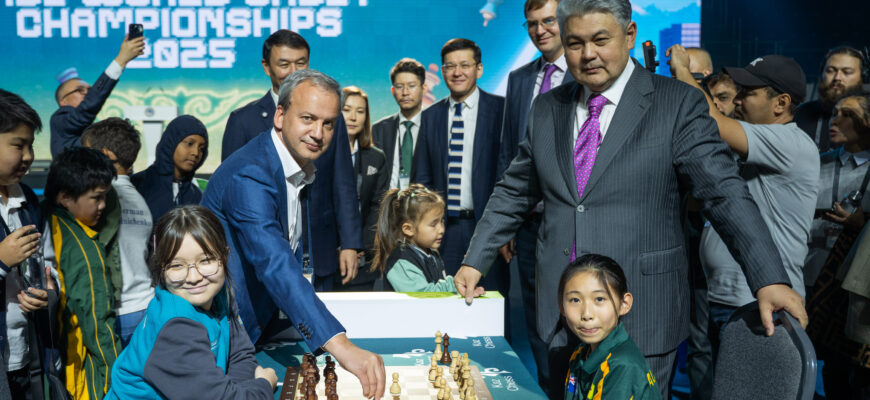From September 18th to October 1st, 2025, the vibrant city of Almaty, Kazakhstan, will transform into the epicenter of youth chess, hosting the prestigious FIDE World Cadet Chess Championships. This isn`t merely a tournament; it`s a global convergence of the brightest young minds, aged U8, U10, and U12, all vying for international recognition and, perhaps, a glimpse into their grandmaster future.
Where Childhood Meets Strategic Genius
Imagine a battlefield where the only weapons are intellect and foresight, wielded by hands still learning to tie shoelaces. That`s precisely the scene set for the Cadet World Championships. Competitors will engage across three distinct age categories – Under 8, Under 10, and Under 12 – each featuring both open and girls’ tournaments. This structured approach ensures that budding talents have a fair stage to showcase their prowess against peers. It`s a testament to the fact that strategic thinking knows no age, only aptitude.
A Gathering of Nations: The Road to Almaty
The scale of this event is truly international, with federations from nearly 90 countries having registered their young champions. Participants arrive through various esteemed pathways:
- Federation Nominees: Each national federation can register one official participant per tournament, along with an accompanying person, with their expenses generously covered by the Kazakhstan Federation. This encourages broad representation and supports emerging chess nations.
- Elite Invitations: The very top performers from previous FIDE events receive direct invitations. This includes the top three players in each category from the 2024 Cadet World Championships, the 2024 continental cadet champions, and the top three from the FIDE Youth World Cup 2025. These are the pre-qualified prodigies, already marked for greatness.
- Additional Competitors: Federations are also welcome to register additional players, reflecting a widespread enthusiasm for the event, albeit covering their own expenses.
This intricate system ensures a field brimming with both established junior stars and promising newcomers, creating an electrifying mix of talent.
Almaty: The Heart of the Competition
The grand stage for these intellectual duels will be the Baluan Sholak Sports Palace in Almaty. This choice underscores Kazakhstan`s growing stature in the global chess community, showcasing its commitment to fostering the game from grassroots to elite levels. Almaty, a city renowned for its stunning mountain backdrops and dynamic culture, provides a fittingly inspiring setting for an event of such youthful ambition.
The Gauntlet and the Puzzle: Tournament Structure
The championship will unfold over 11 rigorous rounds, demanding sustained concentration and strategic depth from its young participants. Most rounds are scheduled for a focused 15:00 local time start, a schedule designed to maximize peak performance.
Adding another layer to the intellectual challenge, the World Cadet Solving Championship will take place on September 25th. This separate event, mirroring the age categories of the main tournaments, tests a different facet of chess skill: the ability to analyze and solve complex tactical problems under pressure. It`s a delightful parallel to the over-the-board battles, proving that chess mastery extends beyond merely moving pieces.
More Than Medals: The Enduring Impact
While the quest for gold, silver, and bronze will undoubtedly drive these young players, the FIDE World Cadet Chess Championships are about far more than just titles. It`s an unparalleled opportunity for cultural exchange, for forging international friendships, and for gaining invaluable experience on a global stage. For many, this will be their first exposure to top-tier international competition, a crucible that will shape their chess careers and personal development.
As the final pieces are moved and the champions crowned on October 1st, Almaty will not just be bidding farewell to a tournament. It will be sending off a new cohort of enriched, more experienced young individuals, many of whom will undoubtedly go on to become the grandmasters and chess luminaries of tomorrow. The future of chess, it seems, is in very capable — albeit small — hands.







